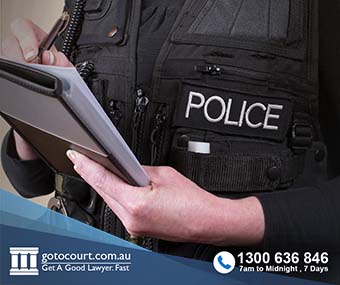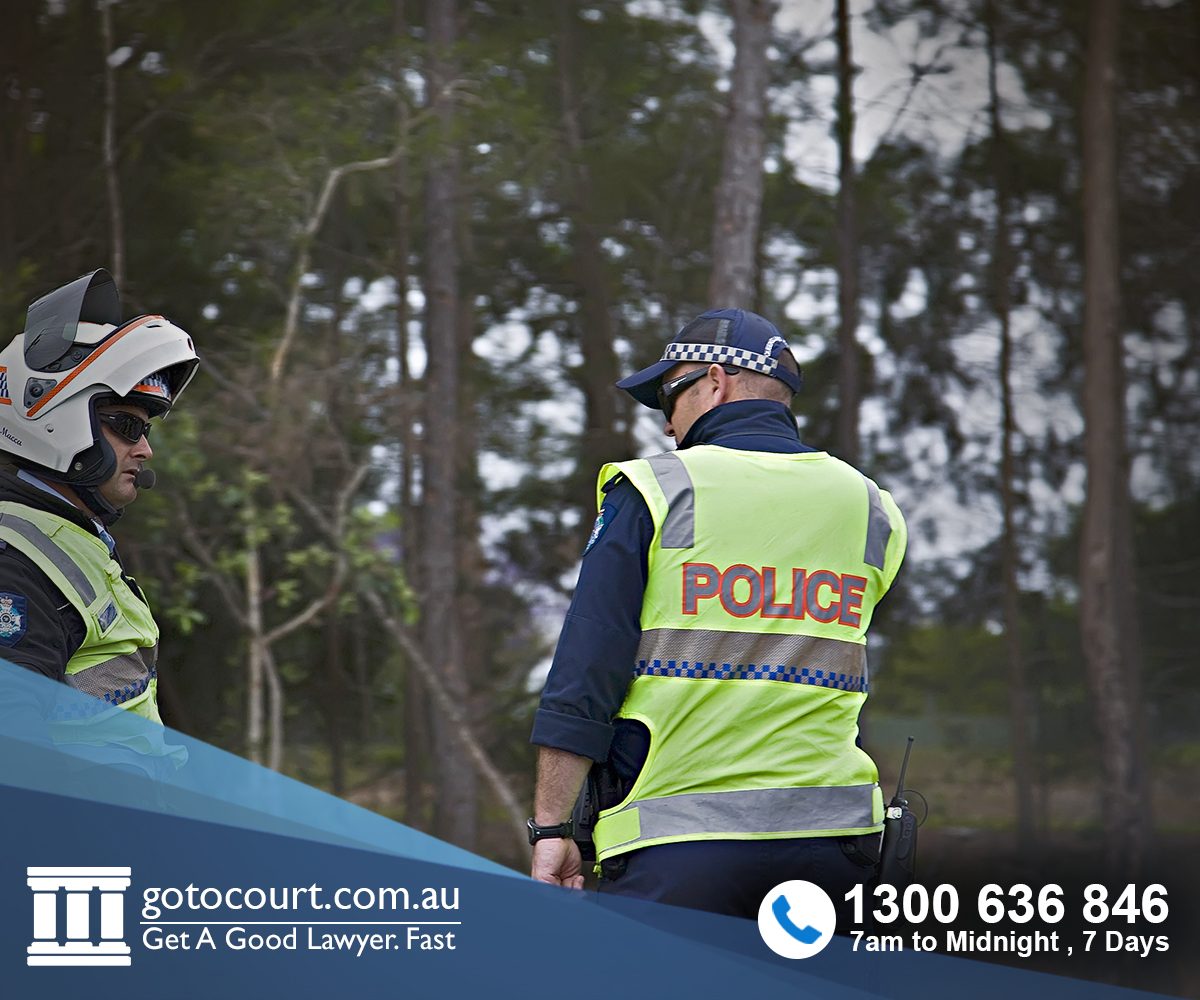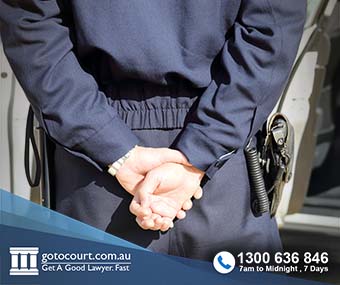Young Offenders and Police (NSW)
A young person aged 10 or older can be arrested (or summonsed) and charged with a criminal offence in New South Wales. In many respects the process of being arrested and charged is the same for young offenders as for adults. However, police are required to observe some extra precautions when dealing with a young person. Young offenders are also sometimes given the opportunity to be let off with a warning, caution or referred to a Youth Justice Conference, rather than going through the court system.
Getting arrested
If the police have a reasonable suspicion that a young person has committed a crime, they may arrest them. If a young person is placed under arrest, they should co-operate with the police as resisting police could lead to being charged with further offences.
Police are allowed to search a young person if they have a reasonable suspicion that they have committed an offence. This may occur at the police station or elsewhere.
Identification
If the police ask for a young person’s name and address, they must give them this information. If a person refuses to give their name and address or gives false details, they may be charged with an offence.
Photographs and fingerprints
Police can take the fingerprints of a young person aged 14 or older and photograph the young person in order to identify them. Police require a court order to take the fingerprints or photograph of a young person who is under 14.
If the young person is found not guilty, their fingerprints and photographs will be destroyed.
Support person
The police must have a support person present when interviewing a young person. The support person must be an adult who is independent of the police, such as a lawyer, parent or relative. If the young person being questioned is aged 14 or older, they can choose who they would like to contact. If they are under 14, the police will contact their parent or guardian.
The support person is there to ensure that the young person understands their rights and what is going on and that they are treated fairly.
Police interviews
If the police wish to interview a young person who is suspected of an offence, they must give the young person a caution. This means that the police must explain to the young person that they have the right to silence and do not have to answer any questions. Anything a person says in a police interview can be used as evidence against them. However, a police interview will only be admitted into evidence if the suspect participates voluntarily. This means that if the police interview a young person when they are intoxicated, drug affected, sick, injured, hungry or upset, the interview is likely to be excluded from evidence.
Doing an interview does not affect a person’s chances of getting bail. However, in some situations it may be in your interests to participate in an interview, such as where police are offering you a warning or caution if you admit to a minor offence. You should always speak to a lawyer before agreeing to be interviewed.
Young Offenders Act
Under the Young Offenders Act 1997, police may divert a young offender away from court, by offering a warning, a caution or referring the matter to a youth justice conference if the young person has admitted the offence and consented to the matter being diverted and if the young person is entitled to diversion.
Warning
A warning can be given to a young person at any place and can be given to more than one young person at a time. A warning cannot have conditions attached or additional sanctions imposed. An officer who gives a young person a warning may inform the parents of the young person that a warning has been given.
Police keep a record of warnings given but these are destroyed upon the young person reaching the age of 21. Warnings are not given for offences that occur in violent circumstances.
Caution
A formal caution can be given to a young offender in respect of certain offences if the police consider it appropriate. A caution can only be given if the young person admits the offence and consents to a caution being given. In determining whether to deal with a matter by way of a caution, the police will consider the seriousness of the offence, the degree of violence involved, the harm to any victim, and the number of times the young person has been dealt with. When a young person is cautioned, they must be given a caution notice to sign, which explains the purpose, nature and effect of the caution. Once a caution has been given, no further proceedings may be taken for the offence.
Youth Justice Conferencing
When a young person admits an offence and consents to the holding of a conference, a Youth Justice Conference may be held. Either the police or the Children’s Court may refer a matter to Youth Justice Conferencing if it is appropriate and the offending is too serious for a warning or a caution. Conference bring young offenders, their families and the victims of their offending together to discuss what happened and how people have been affected. Outcomes may include an apology, reparations or the young person agreeing to take steps to avoid further offending.
If you require legal advice or representation in a criminal law matter or in any other legal matter, please contact Go To Court Lawyers.







